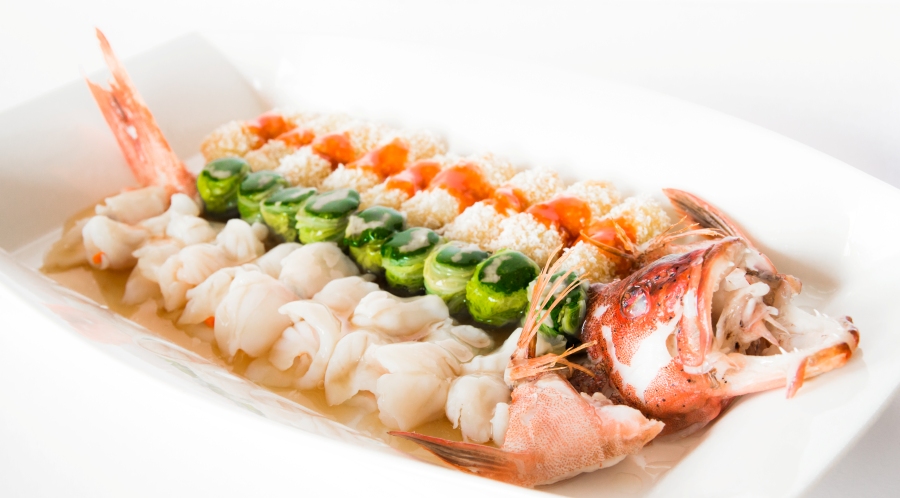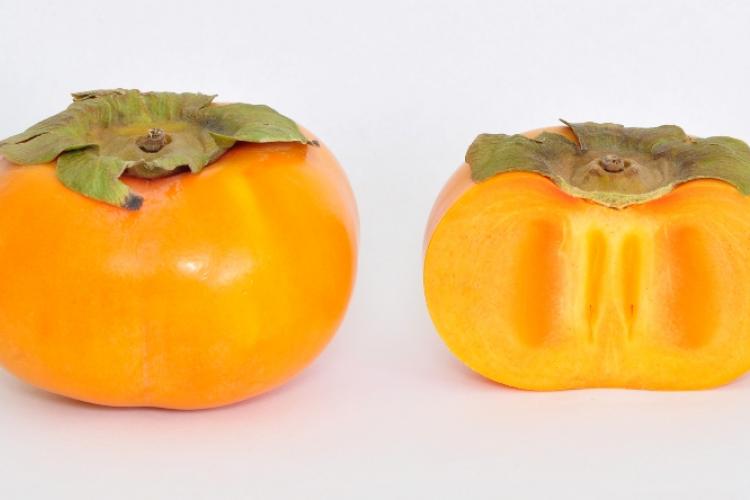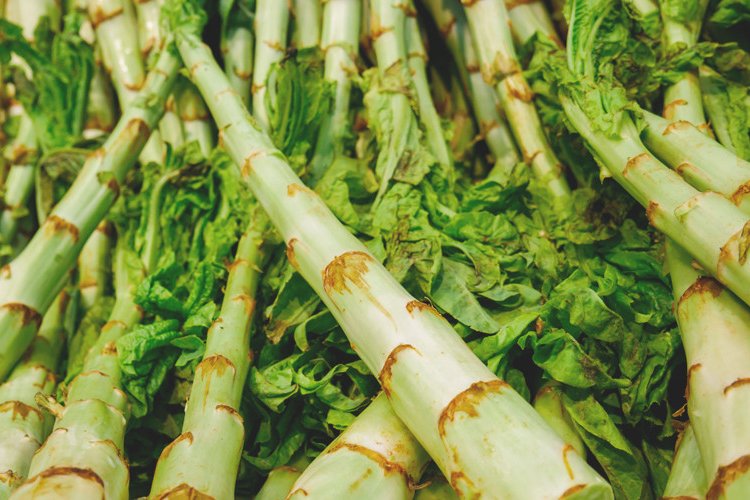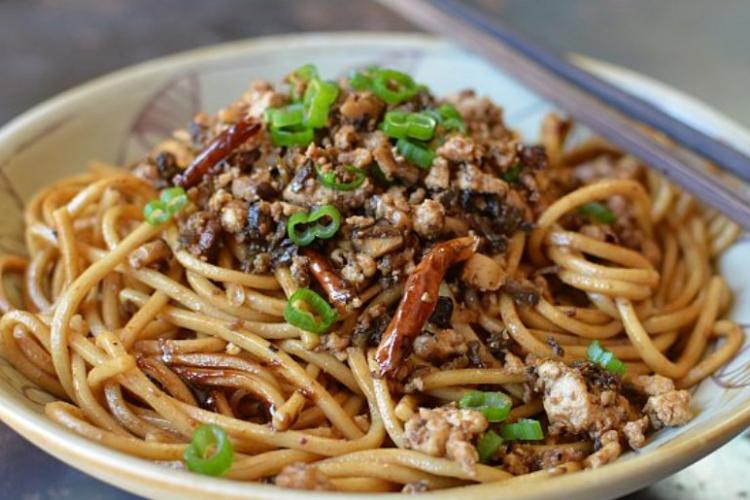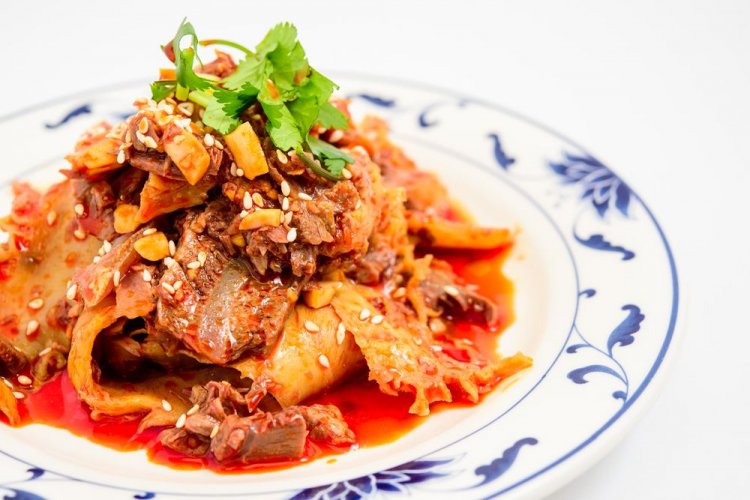Dining Q&A: Simon Yuen, Executive Chinese Chef, New World Hotel
With over 30 years of experience in five-star hotels around China and Beijing, Executive Chinese Chef Simon Yuen is bringing a fresh take to the menu at New World Beijing Hotel’s flagship Chinese restaurant, 8 Qi Nian. He talks to us about staying true to his Cantonese roots and the changes he has seen in Chinese cuisine during his extensive career.
How has Chinese cuisine changed in the more than 30 years you have been working as a chef?
When I first came to Beijing to work at China World Hotel in 1990, China was just opening up. We were starting to receive fresh imported ingredients from overseas, such as lobster from Australia. However, at that time most people couldn’t afford it – the lobster we were getting was RMB 72 per 50g. Prices have decreased as living standards have increased, meaning more and more people can afford to eat out.
What do modern Chinese diners want?
Different age groups and economic groups have different needs. A group of middle-aged business guests have different expectations from a group of young office workers. However, on the whole, today’s Chinese diners are much more concerned with value. They are willing to spend money, but they want to know that what they are getting for their money is really worth it. This ties into issues of food safety and food quality, which is also an important consideration when people are dining out nowadays.
How does working in a hotel restaurant different from working in a non-hotel restaurant?
We have to meet strict hygiene standards across the entire food production process, from suppliers to the preparation we do in our own kitchen. This is true for most aspects of working in a hotel; everything we do has to follow a strict set of rules or processes. For example, the owner of a small, independent restaurant might be able to visit the market in the morning, look at the produce, and decide “This is what I’m going to cook today.” That would be very difficult for us.
What is your food philosophy?
I believe that everyone can cook, but not everyone can be a chef. To be a chef, you have to approach every dish with precision. Furthermore, a good chef has to have good ingredients to work with. I believe in using seasonal ingredients wherever possible.
How have you maintained your relationship with Cantonese cuisine after all these years travelling around China?
I always try to stay true to the roots of Cantonese cuisine. Of course, you can change the ingredients or even incorporate new techniques from other Western and Chinese schools of cuisine, but if you stray too far from Cantonese traditions, then what you are making isn’t Cantonese food. Nevertheless, when I visit a new place, for example Dalian, I look at the local produce and try to combine it with traditional Cantonese techniques. So in Dalian, I was cooking a lot of local seafood in Cantonese style.
More stories by this author here.
Email: robynnetindall@thebeijinger.com
Instagram: @gongbaobeijing
Twitter: @gongbaobeijing
Weibo: @宫保北京
Photos courtesy of New World Hotel Beijing


